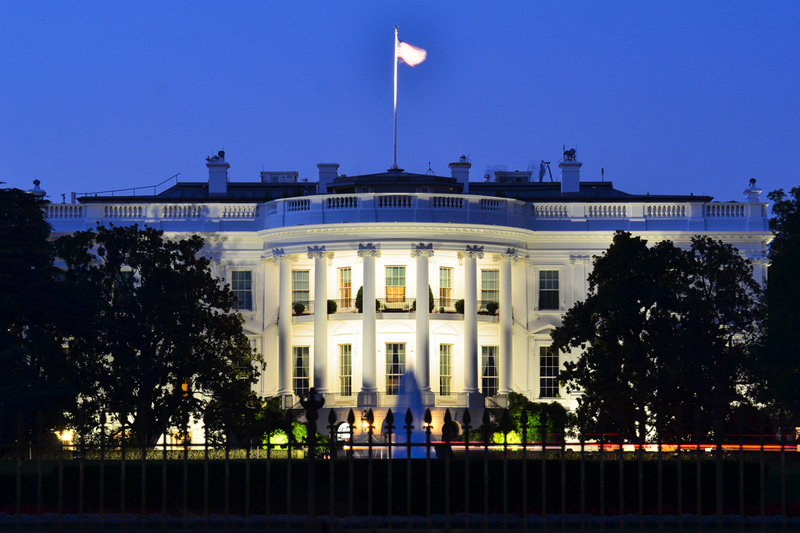President Joe Biden's unexpected withdrawal from the presidential race has significantly reshaped the competitive landscape for the upcoming US general election, according to UBS analysts.
The bank said in a note Thursday that the Democratic National Convention's decision to hold a virtual roll call vote has paved the way for Vice President Kamala Harris to become the presumptive Democratic nominee.
They note Harris has swiftly consolidated support among state delegations, positioning herself as the leading Democratic candidate.
The UBS note highlights, "Vice President Kamala Harris has consolidated support among enough state delegations to become the presumptive Democratic nominee. She currently faces no meaningful competition."
The Democratic National Committee's rules committee has mandated that individuals wishing to run must declare their candidacy by July 27 and secure the support of at least 300 delegates by the next day.
With the virtual roll call commencing on August 1, Harris is expected to secure a majority of votes and officially become the Democratic Party nominee.
UBS notes that the candidate will need to select a running mate by August 7 to comply with state ballot requirements. A ceremonial vote will follow at the Democratic National Convention in Chicago, where delegates will also vote on the party's policy platform.
UBS, in conjunction with its US Office of Public Policy, has revised its election forecast to account for Biden's withdrawal. The new probabilities reflect a more competitive race, with former President Trump still holding a narrow advantage.
However, the Harris campaign's ability to raise $125 million in just two days indicates a surge in enthusiasm among Democrats.
UBS now sees the chance of a Blue sweep (Harris with a unified Democratic Congress) at 10%. The chance of Harris with a divided Congress (Republican Senate and Democratic House) is at 35%, while UBS sees the odds of a Red sweep (Trump with a unified Congress) at 40%. UBS pins the probability of Trump having a divided Congress (Republican Senate and Democratic House) at 15%.
Previously, UBS saw the chance of a Red sweep at 45%, Dems winning the White House and a Congress split at 40%, a Blue sweep at 10%, and Trump winning the White House with a Congress split at 5%.
